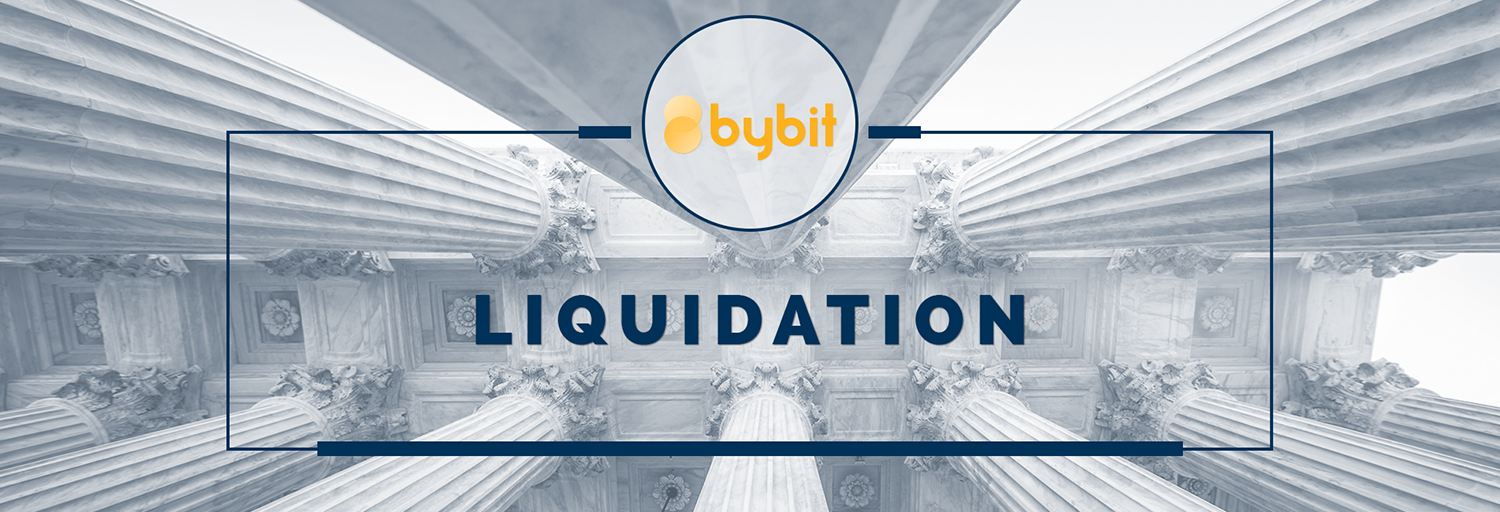

Likewise, creditors have the right to investigate all company’s affairs to ensure all assets are accounted for.

The liquidator, in this case, would be tasked with the responsibility of taking stock of a company’s assets to ensure they are auctioned and the funds distributed appropriately to deserving creditors. Similarly, a liquidator may be assigned to oversee the liquidating process by a court of law. While most liquidators are retailers, they tend to buy assets for a fraction of the retail value and resell them in their stores at a profit. Such businesses provide leeway for liquidating businesses to sell their assets to be able to raise funds to settle claims with creditors. In most cases, these people who have a stake in the success of a business.Ī number of businesses specialize in liquidation matters. Stakeholders maintain no formal claim on the assets of a business undergoing liquidation. They include bondholders as well as any owed taxes or unpaid wages. Unsecured creditors don’t maintain a lien with a business thus, their claims are usually settled after secured creditors’ needs are addressed.

The creditors are obliged by law to seize any asset used as collateral to settle any financial claims. These class of creditors maintain a lien against a business undergoing liquidation, which acts as an agreement, or commitment for the payment of whatever is borrowed. The most senior claims given the priority when it comes to asset distribution belong to secured creditors. The three major classes of creditors taken into consideration are: Secured Creditors Liquidation can, occur even when the business is able to meet its financial obligations on timeĪssets distribution as part of a business liquidation process is usually carried out based on the priority of the various parts involved. Likewise, a business owner can decide to liquidate his or her business for a variety of reasons. Likewise, 75% of shareholders must approve the motion to liquidate the entire business. However, the distribution will only happen upon the liquidator, settling any of the company’s liabilities. In this case, they might agree on the sale of the company’s assets with the proceeds distributed down the line depending on the amount of shares that shareholders own, in what is often referred to as liquidating dividend. Liquidation also happens when investors in partnerships or corporations decide to end a business. What would follow most of the time is the sale of any underlying assets with the funds going to settle any financial obligations tied to the divisions. In some cases, a business might decide to close down a department or divisions. Some of the assets that are usually auctioned or distributed to creditors, as part of the liquidation process, include furniture, machinery, vehicles packing supplies as well as office equipment and store fixtures.Ĭontrary to perception, liquidation does not always involve bankruptcies proceedings. In instances where there are not enough assets to pay off creditors, secured creditors are usually given the first priority. The assets are usually auctioned in order to generate funds used to settle any outstanding debts. In this case, a court may take control of all the assets. Liquidation is common in bankruptcies whereby businesses are forced to shut down on failing to support themselves financially. The underlying assets are often used to settle any financial obligations that the business owes creditors as well as shareholders. In this case, the process of ending the business is triggered, resulting in the distribution of business assets to claimants. Definition: Liquidation is an event that occurs when a business is no longer able to meet its financial obligations.


 0 kommentar(er)
0 kommentar(er)
